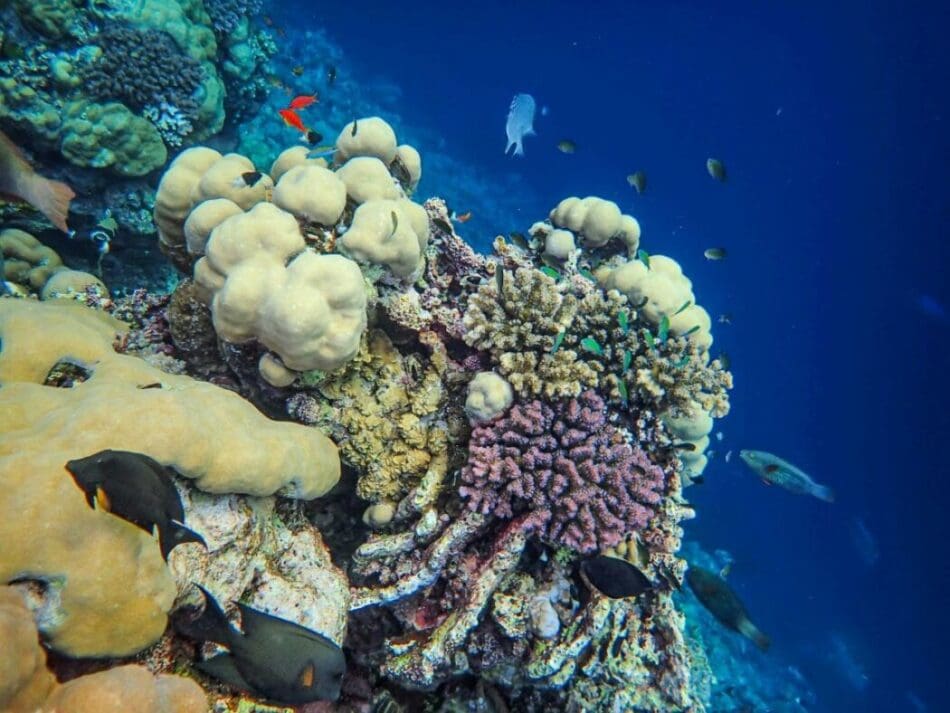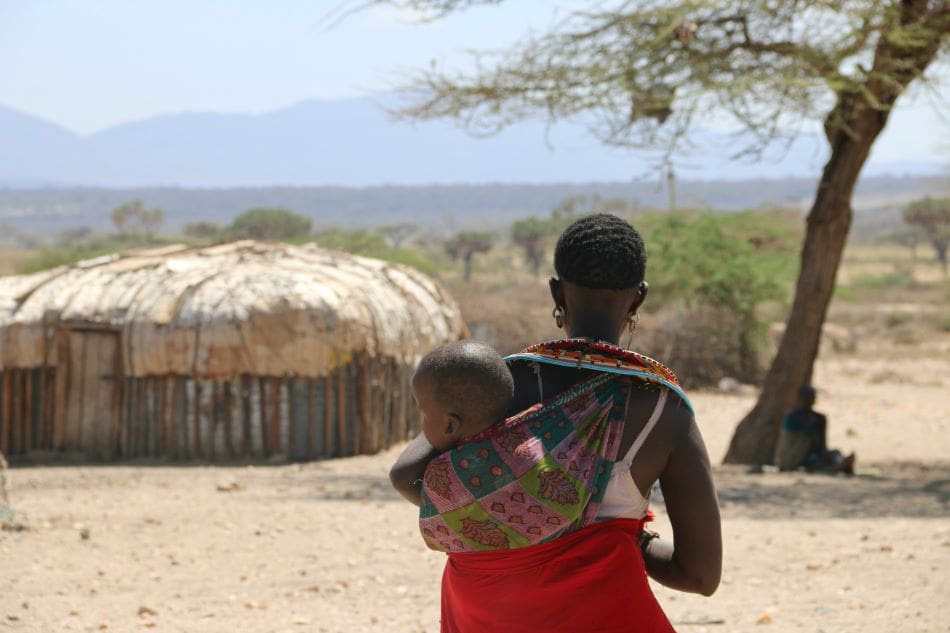In a recent commentary published in npj Ocean Sustainability, a team of interdisciplinary researchers has called for a transformative update in global environmental decision-making processes, urging that human rights considerations be integrated into the evaluation and management of environmental impacts. The researchers emphasize the intrinsic connection between human wellbeing and nature, underscoring the necessity of this shift to better protect both ecosystems and human rights.
The commentary, authored by experts in ecosystem services, environmental governance, deep-sea ecology, and law from the University of Plymouth and the University of Strathclyde, asserts that nature is essential for human survival, not just as a source of food and climate regulation, but also as a cultural cornerstone. Consequently, the protection of natural ecosystems should be viewed as a fundamental human rights issue.

The researchers argue that recent advancements in international human rights law should prompt a reconsideration of how environmental decisions are made, particularly those that could have significant impacts on biodiversity. They highlight the need for decision-making processes to move beyond the traditional requirement for ‘quantified certainty’ in impact assessments. Instead, they advocate for a precautionary approach, where the potential for foreseeable harm to human wellbeing – based on the available evidence – should be enough to trigger protective actions.
Dr. Holly Niner, the lead author and Global Challenge Research Fellow at the University of Plymouth, pointed out the pressing need to address uncertainties in our understanding of certain ecosystems, particularly the deep ocean.
“There are significant parts of our planet – for example, the deep ocean – that we currently know very little about. However, we know that these regions are critical for human wellbeing for global society,” Dr. Niner said. She emphasized that the lack of statistically certain evidence should not be a reason to overlook the crucial connections between people and these ecosystems in decision-making processes that carry potential risks.
The commentary also addresses the broader implications of biodiversity loss, which Dr. Sian Rees, the study’s senior author and Associate Professor of Social-Ecological Systems at the University of Plymouth, describes as a human rights issue that goes beyond mere statistics.
“Biodiversity loss is not just about a quantified decline in habitats and species or a tradeable good in cost-benefit analysis,” Dr. Rees explained. “If we are to truly change our approach to protecting it now and for future generations, we need to challenge the current context for all environmental decision-making.”
The researchers propose that all environmental decisions globally should incorporate key scientific and ecological evidence, including insights from local communities and innovative ecosystem service risk-based research methods. These methods could provide more comprehensive assessments of potential harms and guide precautionary measures.

One of the central challenges discussed in the article is the need to protect the deep ocean, which covers around 60% of the Earth’s surface yet remains largely unexplored. Despite the limited knowledge about these areas, what is known confirms their critical role in supporting the planet’s health and, by extension, human wellbeing. The authors argue that there is sufficient evidence to assess the potential harm to these ecosystems and to incorporate these assessments into decision-making processes.
The call to integrate human rights into environmental decision-making marks a significant shift in how global policies could evolve to better safeguard both nature and the people who depend on it. By aligning environmental governance with human rights law, the researchers hope to ensure that decisions impacting biodiversity are made with a full understanding of their implications for human wellbeing and the planet’s future.
This commentary is part of the ongoing efforts by the One Ocean Hub, an international program aimed at promoting fair and inclusive decision-making for a healthy ocean, benefiting both people and the planet.
Journal Reference:
Holly J. Niner, Elisa Morgera, Andrea Longo, Kerry L. Howell & Siân E. Rees, ‘Connecting ecosystem services research and human rights to revamp the application of the precautionary principle’, npj Ocean Sustainability 3, 35 (2024). DOI: 10.1038/s44183-024-00072-8
Article Source:
Press Release/Material by University of Plymouth
Featured image credit: Francesco Ungaro | Pexels




